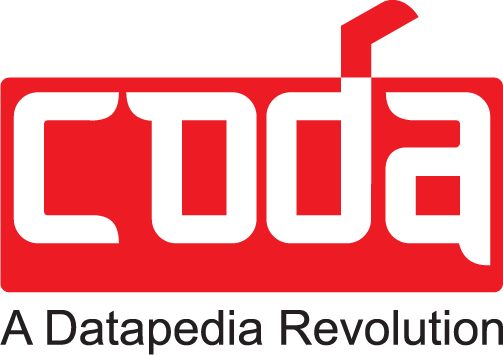What is Data Governance?
Data governance refers to the systematic establishment of policies and procedures that govern how data is acquired, accessed, and managed throughout its lifecycle. It ensures that certain rules are followed regarding who may access the data, how it should be handled, and by whom.
This plays a critical role in maintaining the consistency, security, and accuracy of data, especially in industries like Oil & Gas, Pharmaceuticals, Manufacturing, and more in regions such as UAE, MENA, APAC, UK, and India.
Major Aspects of Data Governance
1. Data Quality Management
Data governance ensures a high-quality, consistent, trustworthy database by eliminating duplicates and errors through standardized regulations. Companies across MENA and APAC rely on these frameworks to maintain operational efficiency.
2. Data Stewardship
A dedicated team or individuals, known as data stewards, are assigned to manage data quality and resolve inaccuracies. Their role becomes particularly crucial in sectors like manufacturing and oil & gas, where the integrity of information is essential for compliance and safety.
3. Data Lifecycle Management
Data governance guarantees that data remains relevant and accurate throughout its lifecycle, from creation to delivery. This includes frequent updates and managing historical data, ensuring data integrity for UK-based firms and industries across India that depend on real-time accuracy for decision-making.
Importance of Data Governance in Data Management
Ensures Data Accuracy
With a strong governance framework, data stewardship, validation, and integration committees are in place to ensure that only high-quality, accurate data is produced. This drives data-driven business decisions, simplifies operations, and supports revenue growth across the UAE’s competitive industries.
Enhances Data Integration
Data governance facilitates seamless integration across various systems by standardizing data into formats that fit the organization’s needs. This eliminates silos and ensures that pharmaceutical companies in India and manufacturing businesses in the APAC region operate with up-to-date and accurate data.

Is your business grappling with data silos? Discover how Coda can help you break them down and streamline your data.
Strengthens Data Security
Strong governance ensures data security by complying with global standards such as GDPR, HIPAA, and CCPA. This is especially critical for businesses in the pharmaceuticals and oil & gas sectors, where compliance with data security regulations is non-negotiable.
Improves Decision-Making
With accurate and reliable data, organizations can make better-informed decisions. Robust data governance policies ensure that firms in MENA and India can confidently move forward, leveraging data as a strategic asset to enhance performance and remain competitive.
Challenges in Implementing Data Governance
1. Assigning Roles and Responsibilities
One of the primary challenges is the time-consuming process of assigning roles such as data stewards, custodians, and owners. For larger enterprises in APAC or the UK, navigating the complexity of defining these roles across departments can create roadblocks.
2. Developing Policies and Procedures
Creating effective policies such as data quality, security, privacy, and lifecycle management is crucial but challenging. Industries like oil & gas and manufacturing in the UAE need custom frameworks to address their specific regulatory needs, making policy development a highly specialized task.
3. Resistance to Change
Implementing new roles and policies can face resistance from employees, particularly in industries where operational procedures are deeply ingrained. This resistance is common in larger organizations spread across MENA and India, where the shift to new governance models may face pushback.
4. Siloed Data Ownership
Siloed ownership of data across various departments creates complexity in integration. It is crucial for businesses in pharmaceuticals or manufacturing, which operate across multiple locations, to overcome this challenge by implementing centralized governance frameworks.
Wrapping Thoughts
Master Data Management (MDM) and Data Governance complement each other. While MDM focuses on the framework from data collection to delivery, data governance sets the policies and terms that guide this framework.
In industries like manufacturing, pharmaceuticals, and oil & gas—particularly in UAE, MENA, APAC, UK, and India—a strong data governance strategy is crucial for success.
Key Takeaway: Coda’s tailored data governance solutions ensure your data management is compliant, secure, and ready to drive business growth. Transform your data into a strategic asset today.
Ready to plan your data governance strategy? Contact Codasol to learn how our industry-specific solutions can enhance your data management.



